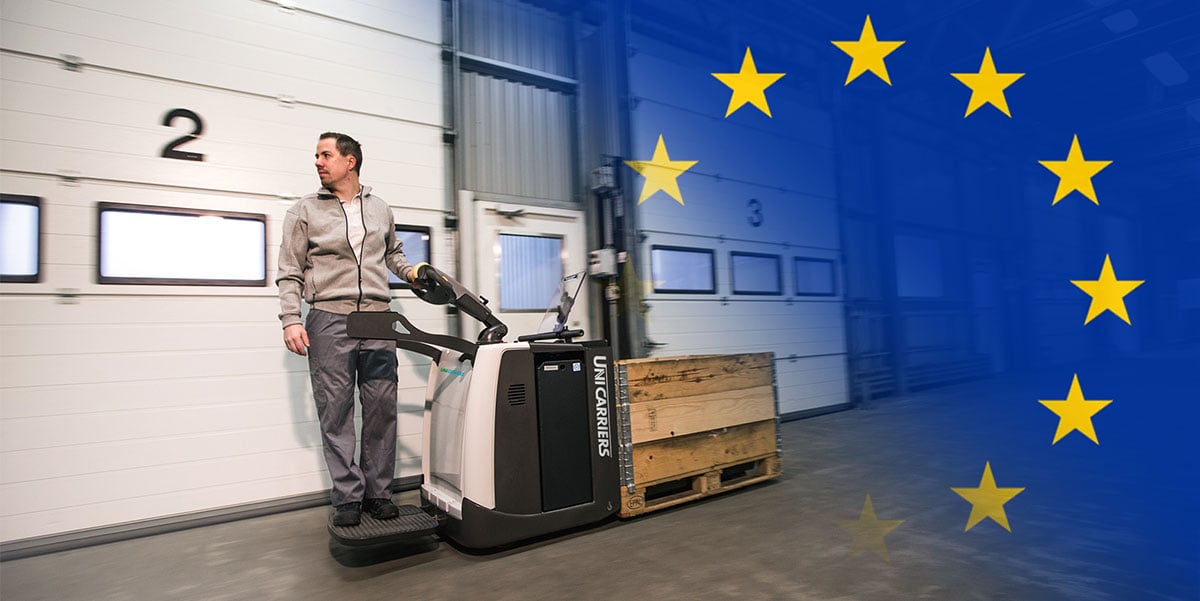
Across Europe, the United Kingdom's approaching exit from the European Union is a major talking point among logistics professionals. The full impact of the change is still not known, and it's causing concern on both sides of the English Channel.
Some British firms, such as food distributors and manufacturers are worried about the problems that possible disruption to imports could cause in their well-managed supply chains. And groups in the rest of Europe that deal with logistics between the UK and EU are equally concerned about potential delays to their goods on the way into Britain.
To make things more difficult for the industry, storage space is increasingly hard to find across the UK. As reported by Bloomberg in 2018, the British government has instructed supermarkets to keep as much stock as possible in warehouses ahead of the planned exit date on 29 March, to avoid potential shortages. Manufacturers have also been stockpiling — according to The Guardian newspaper, independent figures show that British factories have begun building up their stocks of components at a rate not seen since the early 1990s, when records began.
This increased demand for storage has led to a shortage of storage space, with The Times newspaper reporting in December 2018 that the UK's currently available storage space could run out in less than a year.
Stockpiling is less of a priority for businesses outside of the UK, but if your company's logistics operation deals with Britain in any way, it can be good to know what kind of challenges British businesses are facing.
UniCarriers UK have covered this topic on their blog - if you want to know more about the issue, and how limited storage space can be used in the most effective way, click the button below to visit it.







































Comment